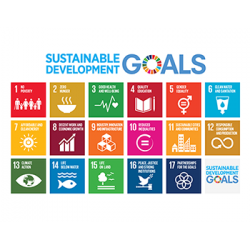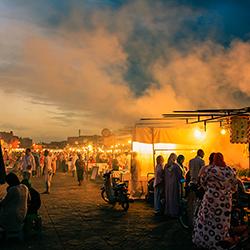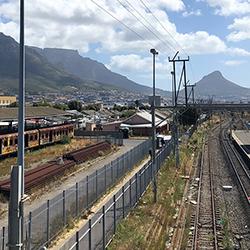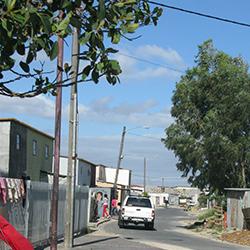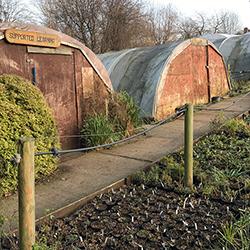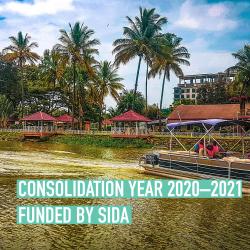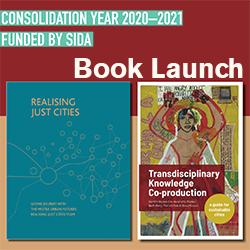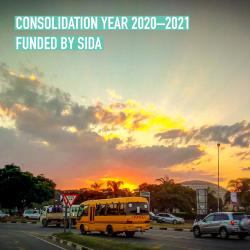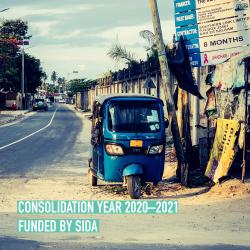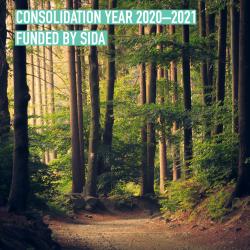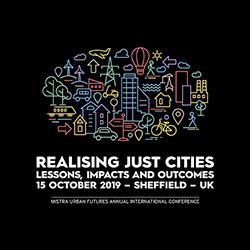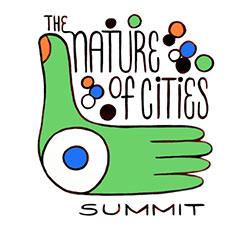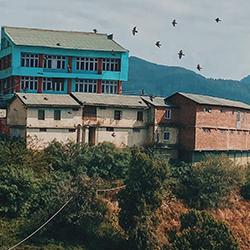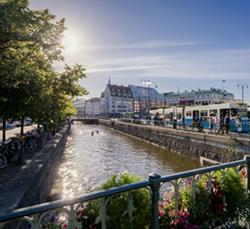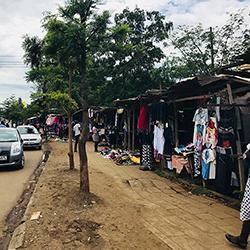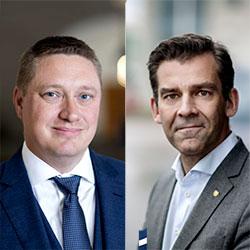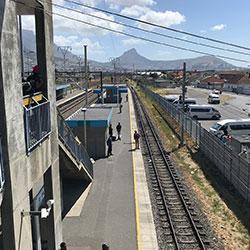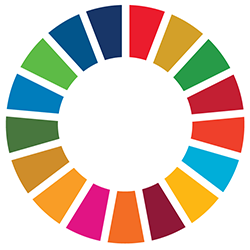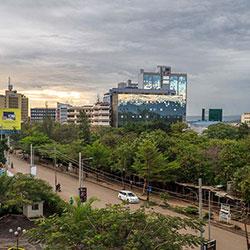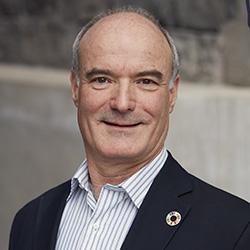Cape Town - Cape of Storms and Cape of Good Hope
In Cape Town, fortune and misfortune sit side-by-side. Historically, the southern tip of Africa where Cape Town is located has been called both the Cape of Storms and the Cape of Good Hope. Evidently transitions are possible; they are certainly still hoped for. Whereas many millions of people round the world know Cape Town as an idyllic tourist destination, tens of thousands of in-migrants have come to the city recently in search of a better life. A million or so privileged residents live the city’s charms all year, but there are some two million Capetonians who call the city home yet who struggle with unemployment, violent streets, food insecurity, harsh weather, poor municipal services, and dangerous and unreliable public transport. Cape Town’s status as South Africa’s first or ‘Mother’ city can be questioned daily.
Transitioning to a more equitable, efficient and sustainable future is essential for the sake of the City of Cape Town and all its citizens, whether rich or poor. Planning sustainable urban development is a way of addressing Cape Town’s diverse needs, including redressing past injustices. City practitioners and residents alike are adapting to new economies, demographics and geographies in the city, all aiming to create a city that is socially and environmentally just, and doing so in a way that is sensitive to the city’s assets and risks.
The challenges of service delivery and sustainable urban development lie at the heart of the CTLIP.
The Mistra Urban Futures activities in Cape Town are building on experiences from previous interactions between city officials, political leaders and researchers from University of Cape Town (UCT) and African Centre for Cities (ACC). The Cape Town platform is specifically contributing to the FAIR perspective on the research conducted within the Centre and also supports debates, collaboration and exchanges of urban poverty reduction in southern Africa.
During Phase 1 (2012-2015) the Cape Town platform supports four key projects under the CTLIP banner. These are the Knowledge Transfer Programme, the CityLab Programme, the Africa Peer Learning, Knowledge and Dissemination Programme, and the Contributing to broader urban debates in South Africa
Knowledge Transfer Programme
City-University exchange
To facilitate the creation of new knowledge and tools, the African Centre for Cities has partnered with the City of Cape Town through the Knowledge Transfer Programme, which aims to make a powerful contribution to sustainable urban development, both in practice and in theory. This is being undertaken via two mechanisms:
Between 2012 and 2014, four academic researchers, working on policy areas that relate to the M-UF focus areas of green, fair and dense, were embedded in the City of Cape Town in relevant departments, working towards shared urban sustainability objectives. The policy areas that the researchers are engaging were jointly selected by the City and the ACC, and are seen as being both important for urban sustainability and dependent on new knowledge for their success. These areas are climate adaptation planning (Anna Taylor), green economy (Anton Cartwright), space economy (Rob McGaffin) and energy governance (Saul Roux). The researchers have simultaneously supported policy development by contributing content-relevant knowledge, developing strategic partnerships with stakeholders both within and outside local government, and documenting the process of policy development so as to make urban policy and decision making processes more transparent and legible. The work being conducted at the City is central to doctoral research being conducted by each of the researchers, which are currently being written up.
During Phase 1, city officials involved in urban sustainability policy development and/or implementation in the City have in turn been selected to spend a two month practitioner fellowship at the University of Cape Town, hosted by the ACC, where they are supported in writing-up their account of policy development and/or implementation within their respective fields; thus reflecting on their practice in light of academic debates and contributing towards the goal of making policy more legible and disseminating practical experiences and lessons. In these ways, knowledge is shared and co-produced, creating a new platform for meaningful interaction between academics and practitioners.
The third round of this City officials exchange is currently underway. This round differs slightly from the previous two in that, instead of producing articles that are each submitted to a relevant journal, the selected officials and their academic writing partners are each co-producing a book chapter that together will form the basis of an edited volume dealing with the challenges of and opportunities for addressing urban development and climate change at the city scale through the pursuit of sustainable and resilient urban development. The book follows up and adds to the knowledge base established in the first phase of the Cape Town Climate Change Think Tank, a knowledge partnership that culminated in the publication of Climate Change at the City Scale: Impacts, mitigation and adaptation in Cape Town.
Governance and Policy for Sustainability (GAPS)
The Governance and Policy for Sustainability (GAPS) programme aims to understand how sustainable urban development has been conceptualised and understood in different contexts in relation to the pressures of globalisation, inequalities, resource constraints and climate change, and to illustrate the role of knowledges in shaping different responses to the challenges of sustainable urban development. As part of a process of identifying potential points of leverage for achieving policy outcomes that support sustainable development, this project seeks to examine the factors within local government that enable and constrain decision-making for sustainable urban development.
Contributing to Broader Urban Debates in South Africa
The principal focus of this project is the lack of up-to-date, alternative and appropriate knowledge about South Africa’s cities. The challenge is to feed and transform existing knowledge bases, and to help steer opinion in progressive ways.
Through a range of joint activities with diverse specialists, urban agencies and public entities, the ACC seeks to strengthen knowledge partnerships that allow sharing of data, innovative methods and avenues for dissemination. The aim is to create interdisciplinary and multi-voice spaces for discussion and strategizing; to learn about ways of intervening effectively in urban policy making; and to foster considered and evidence-led academic and public discussion about South African cities and about appropriate and desired interventions.
Africa Peer Learning, Knowledge and Dissemination Programme
The CTLIP’s Africa Regional Peer Learning, Knowledge and Dissemination Programme (referred to as the Africa Programme) is intended to contribute towards raising awareness and building capacity to respond to urban development challenges in Africa, specifically ways of monitoring and alleviating poverty. Projects include the Africa Urban Research Initiative (AURI), the State of the Cities in Africa (SOCA) Project, the Governing Food Systems to Alleviate Poverty in Secondary Cities in Africa project, and the Africa Urban Reporting project.
CityLab Programme
The CityLab programme facilitates the co-production of policy-relevant knowledge to reduce urban poverty and the ways urban poverty is experienced, through engagement with researchers, practising professionals and civil society in Cape Town. The CityLabs bring together researchers and practising professionals in meetings and working groups to share their research or to undertake collaborative research. There are currently two active CityLabs: the Human Settlements CityLab and the Urban Violence, Safety and Governance CityLab. Archived CityLabs include the Philippi CityLab, Central CityLab, Climate Change CityLab, Urban Flooding CityLab, Healthy Cities CityLab, Urban Ecology CityLab and the Public Culture CityLab.
South Africa 2035 Learning From The Future
In this animated film visitors from the Future Bring Surprisingly Good News. Anton Cartwright and Peet Du Plooy paints a picture of a plausibly hopeful future. A future where electricity is cheap even while carbon is quite heavily taxed, where the gap between rich and poor has been narrowed, political and corporate power devolved and smart investments in education and renewable technologies have ensured a more equitable and prosperous life for all. Anton Cartwright is a Mistra Urban Futures Researcher at the African Centre Cities in Cape Town.
